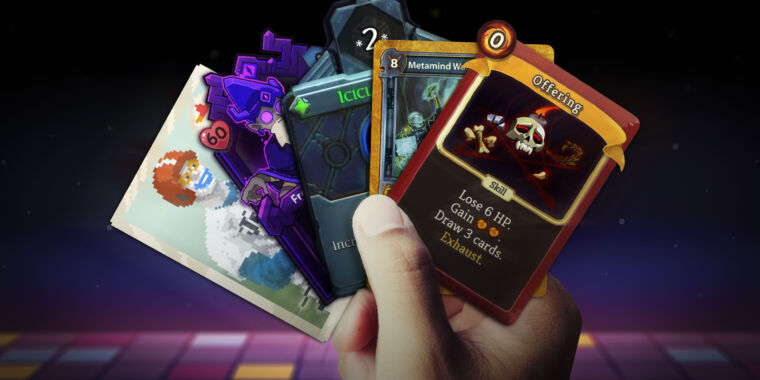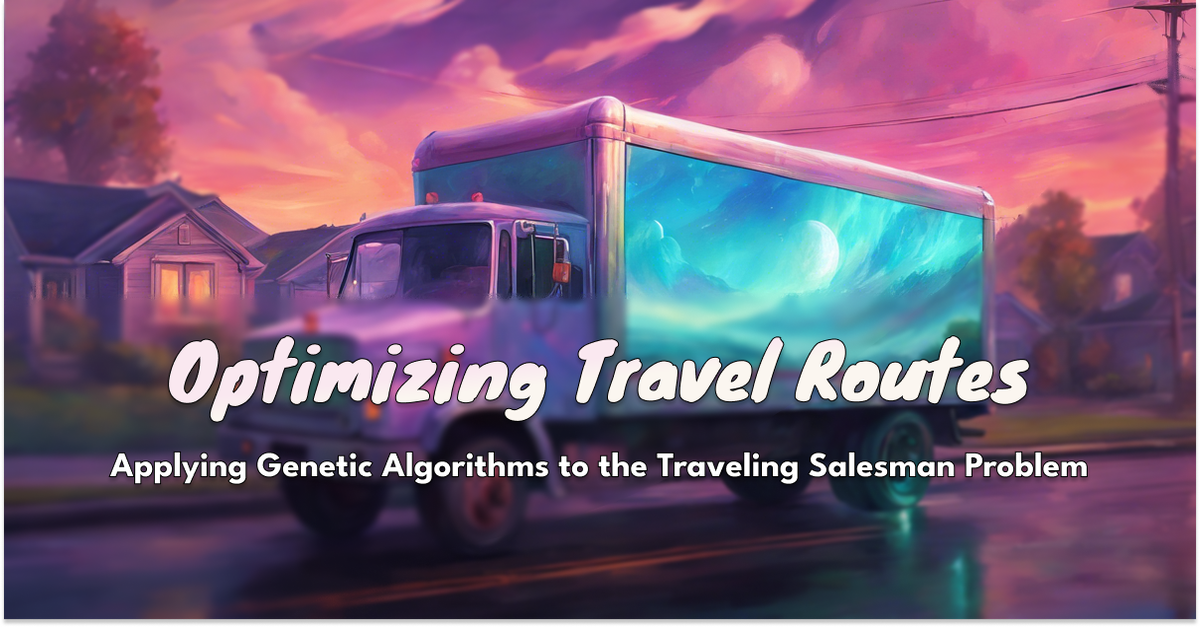BBS door - Wikipedia
A door in a bulletin board system (BBS) is an interface between the BBS software and an external application.[1] The term is also used to refer to the external application, a computer program that runs outside of the main bulletin board program. Sometimes called external programs, doors are the most common way to add games, utilities, and other extensions to BBSes.[2] Because BBSes typically depended on the telephone system, BBSes and door programs tended to be local in nature, unlike modern Internet games and applications.[2]
From the 1990s on, most BBS software had the capability to "drop to" doors. Several standards were developed for passing connection and user information to doors; this was usually done with "dropfiles", small binary or text files dropped into known locations in the BBS's file system. Most doors were responsible for operating the serial port or other communications device directly until returning control to the BBS. Later development of FOSSIL drivers have allowed both BBSes and their doors to communicate without being responsible for direct operation of the communications hardware.
A major use of doors is for door games: computer games played on the BBS.[3] These games included strategy games such as TradeWars 2002, Food Fight!, [4] Solar Realms Elite,[5] Space Dynasty, Usurper,[6] and Barren Realms Elite.[7] There were also role-playing games (RPG), often derived from earlier email-based games. One such game was Seth Robinson's Legend of the Red Dragon,[8] and another popular dystopian RPG: Operation: Overkill,[4] another was Mutants!. BBSes often published high scores, encouraging players to beat others.[9]
Leave a Comment
Related Posts

Amy Fritz on Twitter: "🧵Feeling retrospective. A year ago, Nathan & I returned from our daily walk. Our youngest told us that someone had rang the door & left when no one answered. My guess? That is it was someone delivering some sort of official legal document. I assumed Dave Ramsey was suing us. 1/"
Comment





















